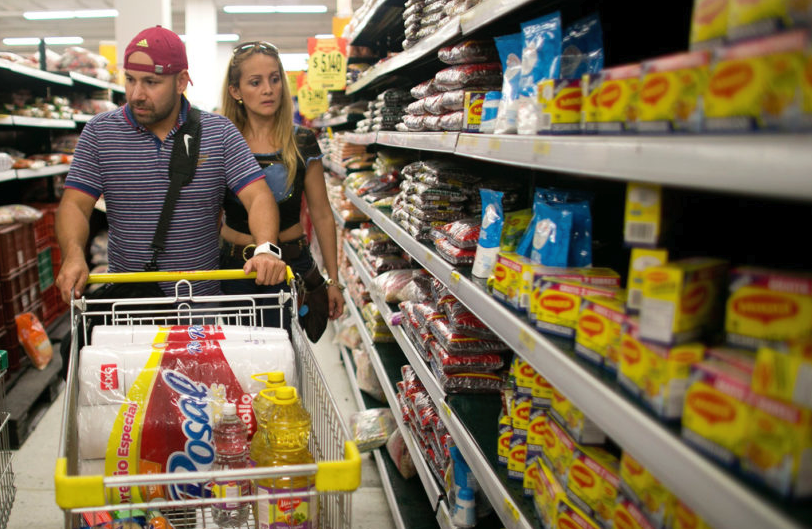German playwright Theresia Walser published the play “I’m like you, I love apples” portraying the public and private lives of three first ladies, including Imelda Marcos, wife of the Filipino dictator Ferdinand Marcos, who ruled from 1965 to 1986.
The play explores how these women perceived themselves, disconnected from the reality of their countries, highlighted by Marcos’s 3,000 pairs of shoes while the Philippines faced an economic crisis. This disconnect isn’t confined to the past or exotic figures. It is a constant in modern politics, especially in Latin America.
A common question asked in political interviews, whether with candidates or elected officials, is about the cost of living. The answers often reveal a clear disconnect with the reality of most citizens. This phenomenon is called “sense of reality,” which refers to the ability to objectively perceive and understand the world based on facts rather than distorted perceptions shaped by biases, ideologies, or personal desires.
Closely related to this lack of sense of reality is the concept of “doctrinal obstinacy.” This term refers to the ideological and emotional inflexibility of certain politicians who defend a specific doctrine or ideology, even when clear evidence suggests otherwise. This obstinacy blocks pragmatic solutions and cooperation with other political actors, undermining the effectiveness and credibility of the political class.
Both the lack of a sense of reality and doctrinal obstinacy become evident during election periods. Politicians often offer simplistic solutions to complex problems, ignoring practical implications and required resources. They seem disconnected from citizens’ daily concerns, focusing instead on partisan disputes or public image over solving real challenges.
In Latin America, we’ve seen clear examples of this disconnect. During the COVID-19 pandemic, Brazil’s former president Jair Bolsonaro referred to the disease as a “little flu” amidst a global health crisis. In Chile, during Sebastián Piñera’s second term in 2019, Luis Castillo, the Ministry of Health’s Deputy Secretary of Healthcare Networks, claimed on a radio show that people visited medical centers to “socialize.” That same year, Finance Minister Felipe Larraín, while celebrating a 0.0 variation in the Consumer Price Index, encouraged “romantics to buy flowers” because their price had dropped by 3.7%. Though anecdotal, these statements reflect a concerning lack of connection to reality.
It is in Venezuela though, where the disconnect between the official narrative and daily reality is most apparent. Nicolás Maduro’s regime has crafted narratives to justify the devastation his government has caused, denying the obvious: that Venezuela is under an authoritarian regime suppressing its people’s fundamental freedoms.
As Venezuela approached the 2024 presidential elections, the international community questioned Maduro’s perception of the country’s situation and the election results, contrasting sharply with what Venezuelans experience daily.
To address these issues, politicians and parties can take concrete steps. First, it’s crucial to foster constructive dialogue, acknowledging that ideology can shape political proposals, but understanding that opponents may also have valid perspectives. Collaboration is key for negotiating and reaching agreements that truly improve people’s lives.
Second, investing in political development projects, critical thinking, and data analysis will help politicians better understand complex problems. This will enable more effective policies aligned with reality. Lastly, promoting a culture of learning, where politicians recognize their mistakes and adapt to new contexts, can boost the quality of political decisions and restore public trust in democratic institutions.
In conclusion, the lack of a sense of reality and doctrinal obstinacy not only affect politicians but society as a whole and, ultimately, the quality of democracy. This reflection highlights the importance of staying aware of our reality and that of others, knowing that politics is a collective effort and democracy, as an ideal, must not be abandoned.
What’s happening in Venezuela should serve as a lesson for our countries on how we view and practice politics. The more we distance ourselves from reality and close ourselves off in our ideologies, the greater the public’s distrust of politics and disengagement from democracy.













